Deep storage
Deep storage is where segments are stored. It is a storage mechanism that Apache Druid does not provide. This deep storage infrastructure defines the level of durability of your data, as long as Druid processes can see this storage infrastructure and get at the segments stored on it, you will not lose data no matter how many Druid nodes you lose. If segments disappear from this storage layer, then you will lose whatever data those segments represented.
Local Mount
A local mount can be used for storage of segments as well. This allows you to use just your local file system or anything else that can be mount locally like NFS, Ceph, etc. This is the default deep storage implementation.
In order to use a local mount for deep storage, you need to set the following configuration in your common configs.
| Property | Possible Values | Description | Default |
|---|---|---|---|
druid.storage.type | local | Must be set. | |
druid.storage.storageDirectory | Directory for storing segments. | Must be set. |
Note that you should generally set druid.storage.storageDirectory to something different from druid.segmentCache.locations and druid.segmentCache.infoDir.
If you are using the Hadoop indexer in local mode, then just give it a local file as your output directory and it will work.
S3-compatible
See druid-s3-extensions extension documentation.
HDFS
See druid-hdfs-storage extension documentation.
Additional Deep Stores
For additional deep stores, please see our extensions list.
